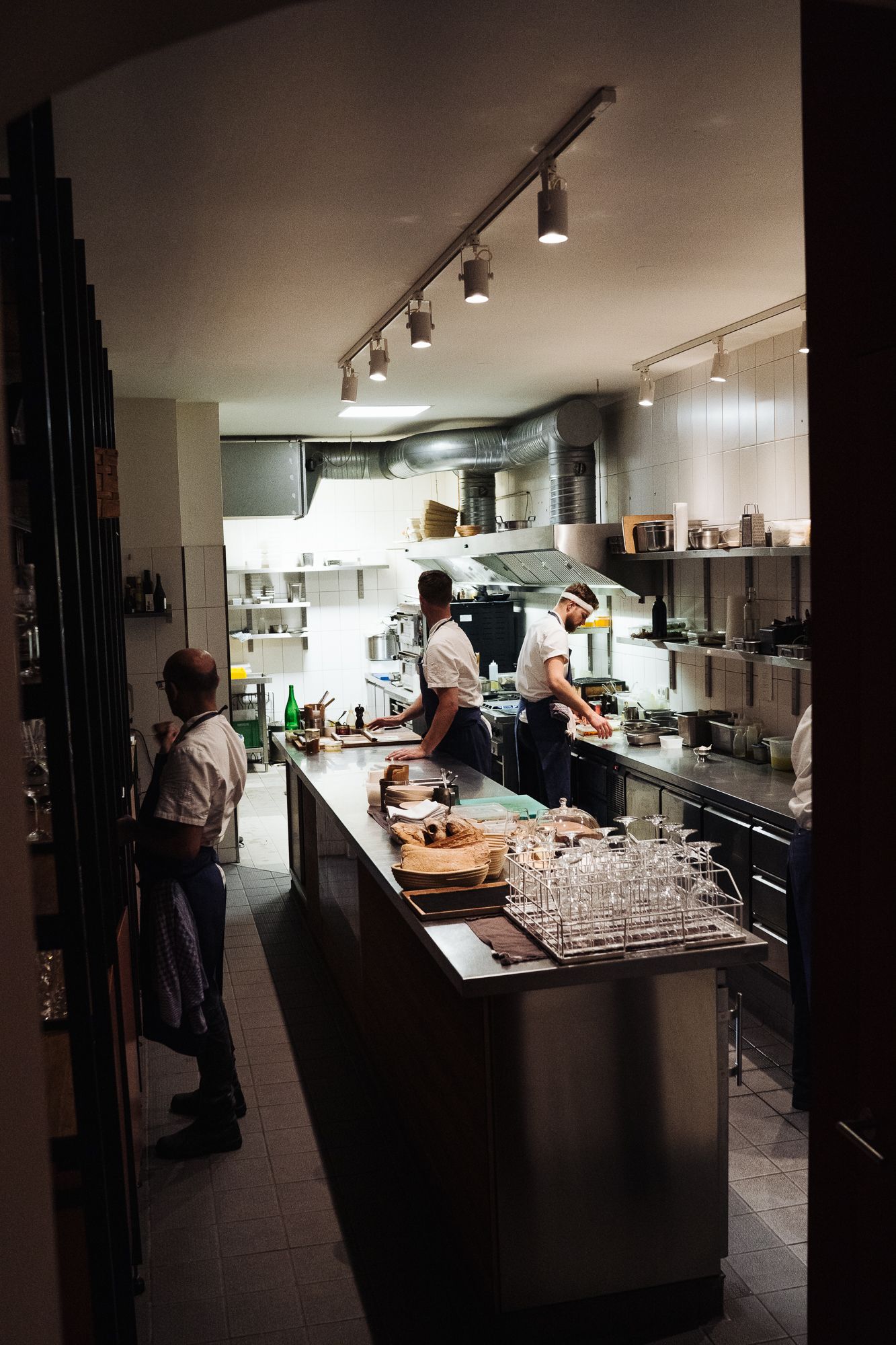In a significant policy shift, the German Bundestag has opted to revert to the original 19% value-added tax (VAT) for restaurants effective January 1st, 2024, abandoning the temporary 7% rate that had been in place. This decision, contrary to earlier assurances from Bundeskanzler Olaf Scholz, marks a departure from the previously promised extension of the reduced VAT. The move has sparked discussions within political circles, as it not only impacts the economic landscape for restaurateurs but also prompts a reevaluation of the government's fiscal strategies amid evolving economic conditions.
The adjustment in VAT rates for the hospitality sector underscores the challenges faced by the German government in balancing economic recovery and fiscal responsibilities. While proponents argue that the return to the standard VAT rate is a necessary step to address broader fiscal concerns, critics express concern over the potential implications for the restaurant industry, particularly in the wake of ongoing economic uncertainties. The decision is expected to elicit further debate within the German parliament, shedding light on the complexities of crafting policies that strike a delicate balance between stimulating economic growth and ensuring sustainable fiscal practices.
However, it is the opinion of this publication that this reversion to the higher VAT will be disastrous for restaurants not only in Berlin, but for all of Germany, as they are suffering not only from inflation on commercial foodstuffs, but also from the general economic downturn across the continent. While some argue that this extra tax can be simply passed onto their dining clientele, these restaurants who strive to stay as affordable as possible for their guests face a near-impossible decision - to cut off their right hand, or their left?
(Image was taken of the Lode & Stijn kitchen, another restaurant that is closing at the end of this year.)



